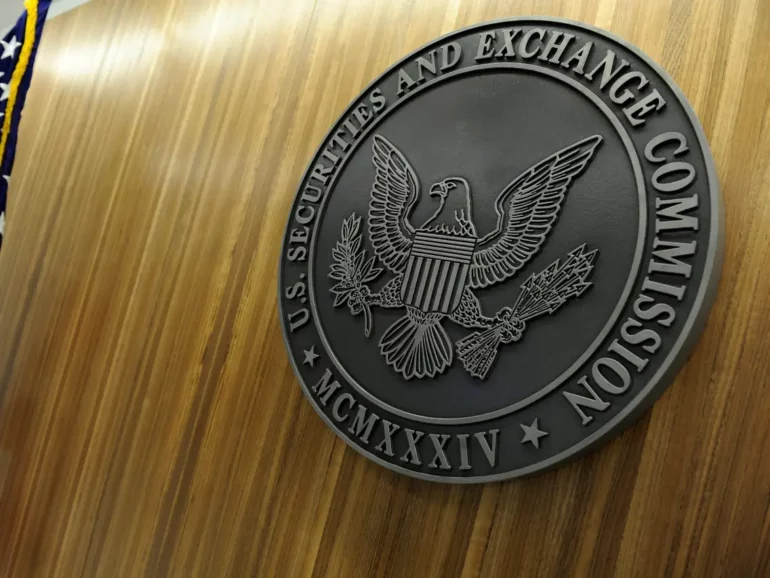- The SEC’s crackdown on centralized staking services has induced volatility in liquid staking tokens.
- Traders poured into DeFi staking due to the uncertainty surrounding the future of staking in the U.S.
- Top liquid staking governance tokens soared after Kraken’s staking service was shut down.
- DeFi staking protocols stand to gain from the U.S.’s crackdown on centralized staking services.
The past 24 hours have been rather volatile for DeFi staking protocols, thanks to the crackdown on centralized staking service by federal agencies in the United States. Kraken’s $30 million settlement with the Securities and Exchange Commission, which involved the shutting down of its staking services in the U.S., saw traders scrambling to liquid staking protocols overnight, causing a massive rally in liquid staking governance tokens.
DeFi staking services to benefit from the crackdown
The hours following the SEC’s crackdown on centralized staking saw the market capitalization of the top liquid staking governance tokens rise by nearly 5%. This rally was led by LDO, the governance token of Lido Finance, the largest liquid staking protocol with more than $8 billion of staked Ether. LDO surged more than 10% within hours of the settlement. This was followed by Rocket Pool’s RPL, which rose over 7%. Frax Finance’s FXS was close behind with a 7% growth.
1/ We're hearing rumors that the SEC would like to get rid of crypto staking in the U.S. for retail customers. I hope that's not the case as I believe it would be a terrible path for the U.S. if that was allowed to happen.
While most of these gains have reversed by now, the transfer of wealth from centralized staking services like Kraken onto DeFi services shows the potential for the growth of liquid staking protocols, should the SEC’s crackdown continue. Coinbase CEO Brian Armstrong recently indicated that the SEC is out to get rid of crypto staking in the U.S. for good. A complete ban on staking in the U.S. may cause DeFi services to fill the vacuum and capture the market share of their centralized counterparts. It remains to be seen if the securities regulator’s regulatory action will extend to DeFi services.
Source: Read Full Article

